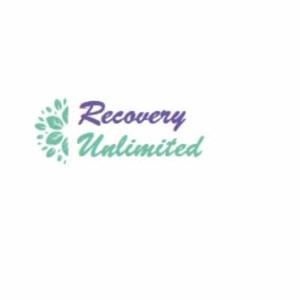
The OOTP leverages technology to offer a comprehensive and flexible treatment experience. One of its primary advantages is the accessibility it provides to individuals who may face geographical, transportation, or scheduling obstacles when seeking traditional in-person treatment. This virtual model ensures that those in need can access evidence-based treatment from the comfort of their homes, eliminating the stigma associated with attending physical clinics.
A cornerstone of the OOTP is its personalized approach to recovery. Participants undergo an initial assessment that considers their unique circumstances, addiction history, Online Opioid Treatment Program and mental health. This information is then used to tailor a treatment plan that includes counseling, therapy sessions, and medication-assisted treatment (MAT). The program's flexibility allows participants to engage with these components at times that suit their schedules, fostering a sense of autonomy and empowerment in their recovery journey.
Telemedicine plays a pivotal role in the success of the OOTP. Through secure video conferencing, participants can connect with licensed healthcare professionals, counselors, and support groups. This virtual interaction facilitates regular check-ins, counseling sessions, and group therapy meetings, creating a supportive community that extends beyond the digital realm. The sense of community is crucial in combatting the isolation often experienced by those in recovery.
Medication-assisted treatment, Opioid Treatment Programs in Michigan a key component of the OOTP, involves the use of FDA-approved medications in conjunction with counseling and behavioral therapies. These medications help manage cravings and withdrawal symptoms, increasing the likelihood of successful recovery. The OOTP ensures that participants have access to the necessary medications through virtual consultations with healthcare providers, eliminating the need for in-person visits and increasing treatment adherence.
The OOTP also incorporates cutting-edge monitoring tools to track participants' progress. Wearable devices and mobile apps allow healthcare providers to collect real-time data on vital signs, medication adherence, and overall well-being. This information enables timely interventions and adjustments to the treatment plan, maximizing the effectiveness of the program.
Critics may raise concerns about the lack of in-person interaction in online treatment programs. However, the OOTP addresses this by fostering a sense of community through virtual support groups and counseling sessions. Participants report feeling more connected to their peers, as they share experiences and provide mutual support in the digital space.


Write a comment ...